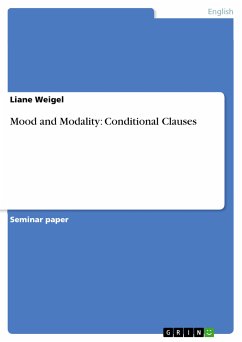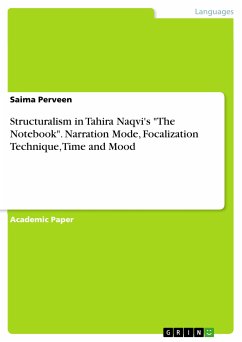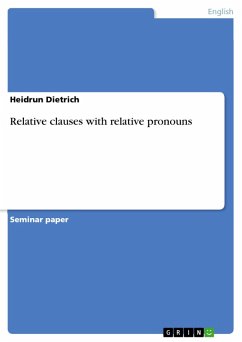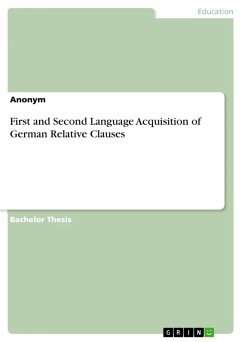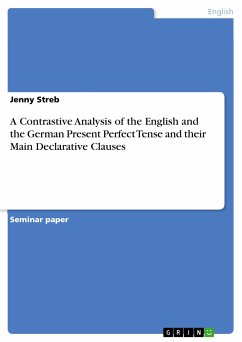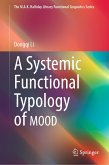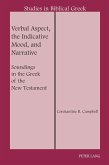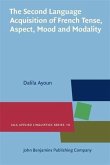Seminar paper from the year 2002 in the subject English Language and Literature Studies - Linguistics, grade: 2-, University of Potsdam, language: English, abstract: When Frank Jackson in the introductory passage of "Conditionals" questions the theory of conditionals the answer is given with " there is no theory of conditionals which has won general acceptance. Instead there are a number of competing theories" (Jackson, 1991: 3). The following pages of the book present such competing theories, all searching for the logic in conditional clauses. However the understanding of conditional clauses in languages, e.g. in the English language, can be very difficult regarding to the different types and their functions. One the one hand functional Grammar declares the facts of grammar, which are connected with conditional clauses but the main focus is on its usage and the function. Therefore this dissertation investigates mood and modality, which can be expressed by conditional clauses but is also connected with modal verbs, first in a declarative and secondly in an analysing way in order to find out, what the importance especially of conditional clauses and modal verbs for the language is. In the first part after this introduction, modal verbs as the core notions of modality are presented regarding their meaning and importance to express mood and modality, judgements and attitudes. The next part presents an attempt of understanding the complex theory of conditional clauses as a basis for analysing an academic text. An analysis of how modality, judgements and attitudes are expressed in an academic text follows in the next part focusing on the use of conditional clauses. Although the theory and use of conditional clauses with reference to mood and modality are not exhausted with this dissertation, the last part tries to summarize how mood and modality, judgements and attitudes of speakers can be expressed with the help of conditionals.
Dieser Download kann aus rechtlichen Gründen nur mit Rechnungsadresse in A, B, BG, CY, CZ, D, DK, EW, E, FIN, F, GR, HR, H, IRL, I, LT, L, LR, M, NL, PL, P, R, S, SLO, SK ausgeliefert werden.

